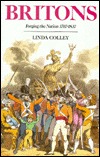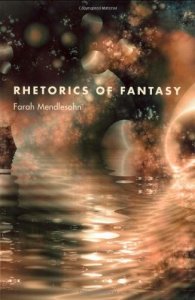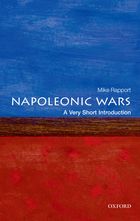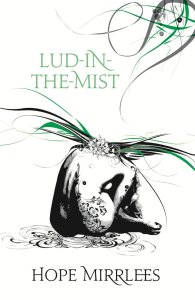This is a post about rereading The Hobbit in two different ways.
First, I don’t think I ever actually linked to the chapter-by-chapter reread I did over at Tor.com in 2012-2013, with revisits for the movies, and one more post coming, obviously. (I did The Lord of the Rings, too, over a much longer time.)
Second, Chad and I have just read it out loud to SteelyKid (who turned six over the summer and is in first grade). We alternated nights, and started out with Chad reading odd-numbered chapters and I reading even, but then Chad combined chapters 13 and 14 and so we switched even-odd status for the rest of the book.
It was so much fun, reading it to her. Her attention did drift a bit during long descriptive passages—generally she’s reading books that are more heavily illustrated than my childhoold coffee-table-sized hardcover with pictures from the Rankin-Bass animated adaptation, so she has more to occupy her. (Also, reading illustrated books, as opposed to picture books, introduces the problem of spoilers—and not just when she flips ahead, either, but when they put the most dramatic image of the chapter at the front no matter where it falls in the chapter.) But she paid enough attention to notice things like Thorin not being captured by the spiders being signalled clearly throughout the chapter, which I personally never noticed until the reread project, and was involved enough to want to interrupt for long discussions of why not this method or that method to kill Smaug. I was also surprised to find that all the songs I read went very smoothly out loud, even the ridiculous elf tra-la-la-lally ones. (Some of the chapters were really pushing the limits of bedtime, though, in the vicinity of 45 minutes or so, in case you’re thinking of doing this yourself.)
We’re not reading her LotR any time soon, because clearly she’s not ready for it, but I can definitely say that first grade is a dandy time to read The Hobbit.
(Chad showed her the Rankin-Bass movie, which I don’t get the impression she was very enamored of, and which I still have never seen. Afterward she asked him if she could see the new ones now, because she’d heard them mentioned on the radio. He said no.)
 Since Jonathan Strange & Mr Norrell is, in part, about the hierarchies and inequalities of British society, I asked the Internet for a social history of Britain during this time period and was recommended Linda Colley’s Britons: Forging the Nation 1707-1837.
Since Jonathan Strange & Mr Norrell is, in part, about the hierarchies and inequalities of British society, I asked the Internet for a social history of Britain during this time period and was recommended Linda Colley’s Britons: Forging the Nation 1707-1837. 
 Mike Rapport’s The Napoleonic Wars: A Very Short Introduction is another book I read in prep for the Jonathan Strange & Mr Norrell reread. And it lives up to the title and was just what I needed. I won’t remember the ebb and flow of the war, but I’ll be able to look things up for quick context when I need to; and more importantly, the book gave me the big-picture political context, which may not turn out to be directly useful to this reread but was interesting all the same.
Mike Rapport’s The Napoleonic Wars: A Very Short Introduction is another book I read in prep for the Jonathan Strange & Mr Norrell reread. And it lives up to the title and was just what I needed. I won’t remember the ebb and flow of the war, but I’ll be able to look things up for quick context when I need to; and more importantly, the book gave me the big-picture political context, which may not turn out to be directly useful to this reread but was interesting all the same.